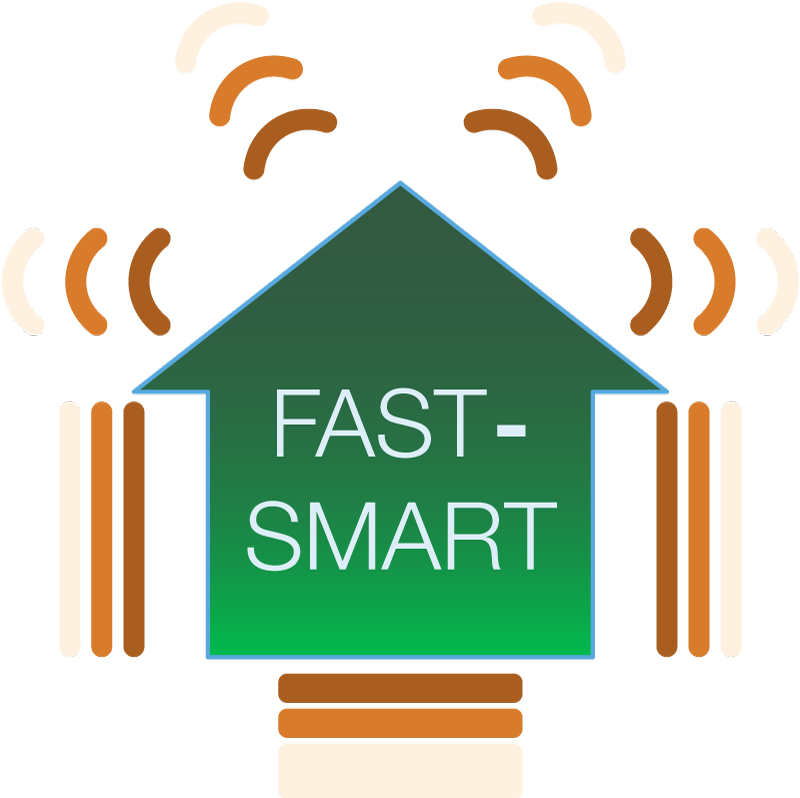Using ambient energy that would otherwise be lost such as heat, light or sound, energy harvesting is well known for its applications in solar cells. Moreover, the technology has numerous new innovative uses, thanks to recent digital trends, including the Internet of Things. The wider implementation of energy-harvesting technologies hinges on the availability of reliable materials that can be recycled and are based on earth-abundant elements as well as on efficient manufacturing processes.
The overall goal of the EU-funded FAST-SMART project is to apply novel manufacturing techniques on a large scale which are recently developed by project members for synthesising smart nanomaterials for energy harvesting. The development of piezoelectric (PE) and thermoelectric (TE) materials using earth-abundant elements and highly efficient synthesis/manufacturing processes is expected to enhance material-supply resilience, reduce impacts on the environment, improve processing efficiency and reduce overall material costs.
Current obstacles to the large-scale introduction of energy harvesters that use materials with less rare-element dependence and/or that are toxicity-free are associated largely with inadequate material performance and reliability, high manufacturing cost, and inadequately developed product design strategy addressing needs for sustainable developments. The main driver of the project lies in a need to meet challenges particularly for the development and applications of PE and TE materials, associated structures and systems for new-generation energy harvesters, and for dealing with energy generation, storage and uses related issues with a systematic approach, and hence, to help to meet EU’s targets on the social, economic and environmental developments.
The project’s overall concept is centred on the scaling up of novel, mass-production nano-manufacturing techniques invented by FAST-SMART partners for synthesis of nano-structured smart materials and component manufacturing for energy harvesting applications to significantly improve the material quality and structural reliability (> 50% ~ 100% improvement) and reduce overall materials and processing costs (by 30%), through shortening the process chains and improving material processing efficiency, being focused on less and free rare-element dependence materials (such as lead-free piezoelectric and Hf-free half-Heusler thermoelectric materials) as well as on new energy harvester designs considering environmental strategy, thus to bring about positive, environment-related impacts to Europe, increased EU’s market share, and to promote wide implementation of Internet of Things (IoT) and Digital Single Market (DSM) in Europe.

